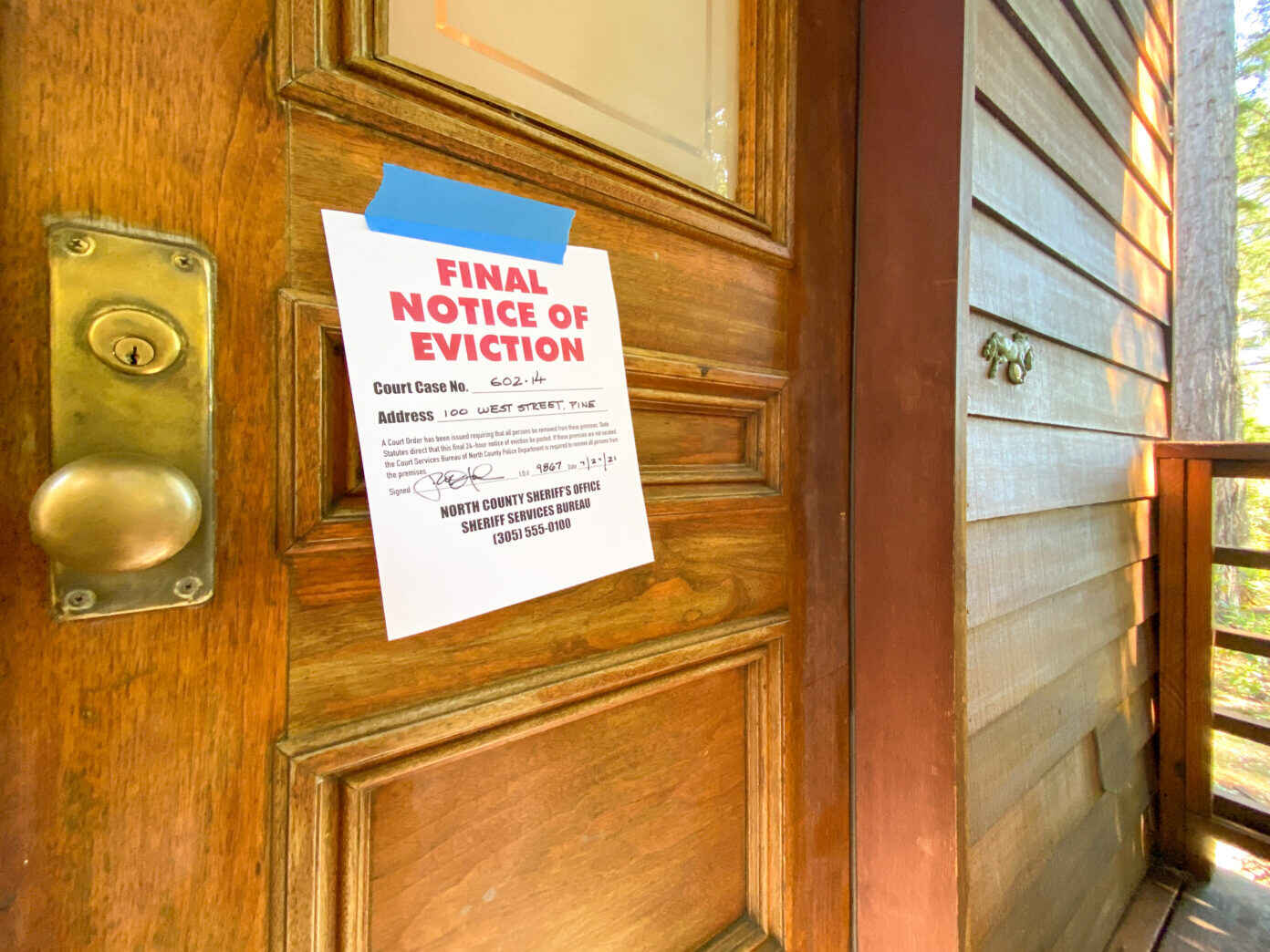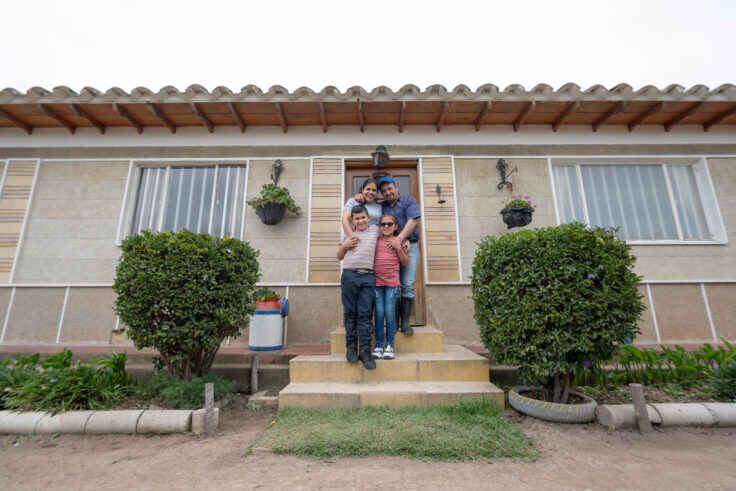Court Processes for Handling Eviction Cases During COVID-19
August 26, 2021
Overview
While people are clamoring to get back to normal, the reality is that the pandemic is still here and still having significant impacts on our daily lives while we have yet to comprehensively address all of the fallout that has occurred over the past year and a half. According to the National Equity Atlas, that fallout includes more than $21 billion in past due rent affecting 6.4 million households, and those who are behind on rent are predominantly low income (81%), unemployed (51%), or people of color (64%).

We know that safe, affordable, and stable housing is foundational to the physical, mental, and economic health of individuals and communities. Housing has become even more critical during the pandemic – recent research shows that eviction increases the risk of COVID-19 infection and mortality, making keeping people housed a key strategy to reduce the spread of COVID-19. Keeping people housed also mitigates the cascading effects of eviction like economic instability, food insecurity, and depression and other psychological stress.
It is not too late to stem the tide of evictions and put into place policies and practices that will keep people in their homes and reduce health risks. While the most high-profile interventions are the CDC’s eviction moratorium (as well as state and local moratoria) and the $46.55 billion in Emergency Rental Assistance appropriated by Congress, the courts can play a key role in addressing the eviction crisis through the ways in which they handle the large number of evictions already filed (more than 480,000 cases in six states and 31 cities tracked by the Eviction Lab) and the onslaught of eviction filings that will ensue when the federal and state eviction moratoria are lifted.
The Network identified five key strategies that courts can deploy to respond to the eviction crisis in a manner that contributes to the health of the communities they serve:
- Require or encourage mediation, negotiation, or settlement conferences
- Extend and strengthen notice requirements
- Tie timeframes for eviction cases to rental assistance applications
- Require landlords to participate in rental assistance programs
- Create a formal plan for handling eviction cases
An explanation of each strategy with examples of actions taken by judges and court administrators, legislatures, and executives at the state and local level are detailed in the resource below.



